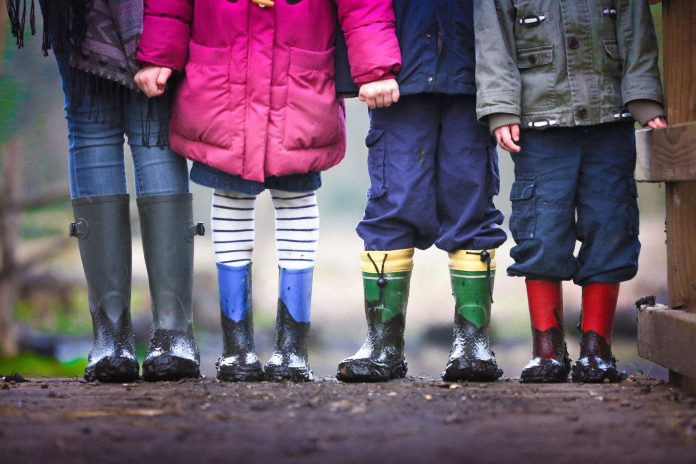The inclusion of Children’s Rights in the Bill of Rights was a major development for South African children, many of whom had suffered previously, their rights not being adequately protected in terms of applicable Law.
Children are among the most vulnerable members of society and are reliant on others for care and protection. It is our responsibility as a society to protect and look after our children. Who will ultimately become our future and who will look after us. We need to understand South African children’s rights. So that we are in a good position to recognize when a child is being ill-treated or in need and take action.
Children’s rights are those found in Section 28 in the Bill of Rights in the Constitution of South Africa and form a basis for the best interest of the child in all matters affecting children. The rights are outlined as follows:
Every child (South African citizen under the age of 18) has the right to:
- a name and a nationality from birth;
- family care or parental care, or to appropriate alternative care when removed from the family environment;
- basic nutrition, shelter, basic health care services and social services;
- be protected from maltreatment, neglect, abuse or degradation;
- be protected from exploitative labour practices;
- not be required or permitted to perform work or provide services that: a) are inappropriate for a person of that child’s age or b) place at risk the child’s well-being, education, physical or mental health, or spiritual, moral or social development;
- not be detained except as a measure of last resort, in which case, in addition, the child may be detained only for the shortest appropriate period of time and has the right to be: a) kept separately from detained prisoners over the age of 18 years and b) treated in a manner and kept in conditions that take account of the child’s age and c) to have a legal practitioner assigned to the child by the state, and at state expense, in civil proceedings involving the child;
- to not be used directly in armed conflict and to be protected in times of armed conflict
We should all make an effort to know our children’s rights so that we can protect and nurture them. However, we can take this one step further. We should educate our children about their rights and what to do if they are being violated. Likewise, we must also teach them about their responsibilities.
All rights come with responsibility
For example, along with the right to family care, they should also show love and respect to their family and others. Along with the right to a safe environment, they should take care of it by practicing cleanliness.
Along with the right to food, they should learn not to be wasteful. The right to quality education comes with the responsibility of attending school and showing respect to their teachers and peers. Rights go two-ways – by teaching this to our children, we also pave the way for a better society where people practice mutual respect for others.
If you or someone you know suffers any form of abuse, get help. The South African Human Rights Commission is equipped to help you. Please call Child Line, toll-free on 0800 055 555. You can also tell a responsible adult, a social worker, the police or a medical practitioner.
Are you looking for a Children’s Lawyer in Durban? Durban Law Offices has a team of Children’s Lawyers ready to assist you with your Children’s Law needs. Contact Durban Law Offices on 031 836 0307 or email us at [email protected] so that one of our lawyers may assist you through the process.
Read more Here: https://www.durbanlawoffices.co.za/blog/












